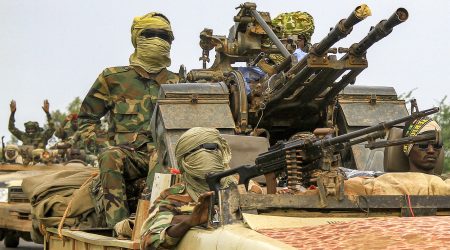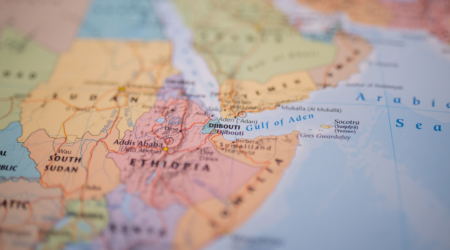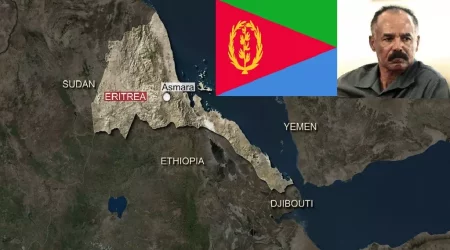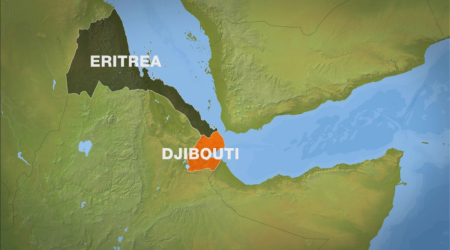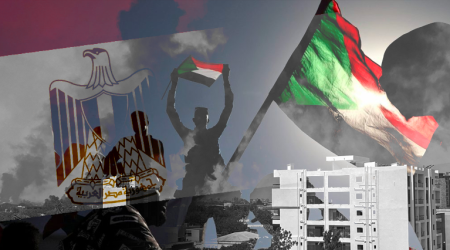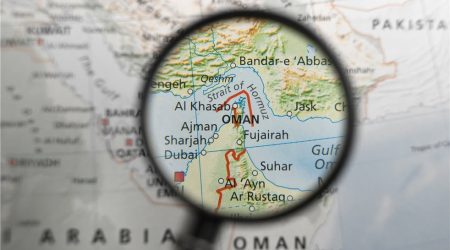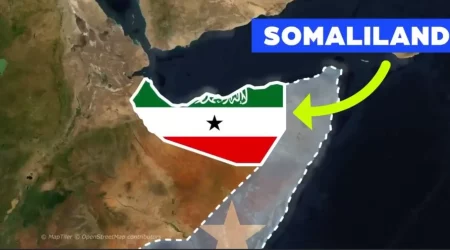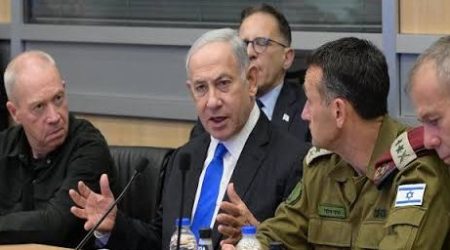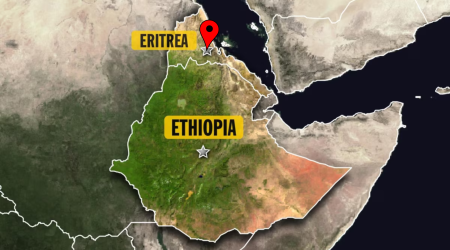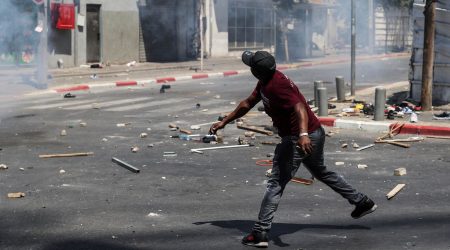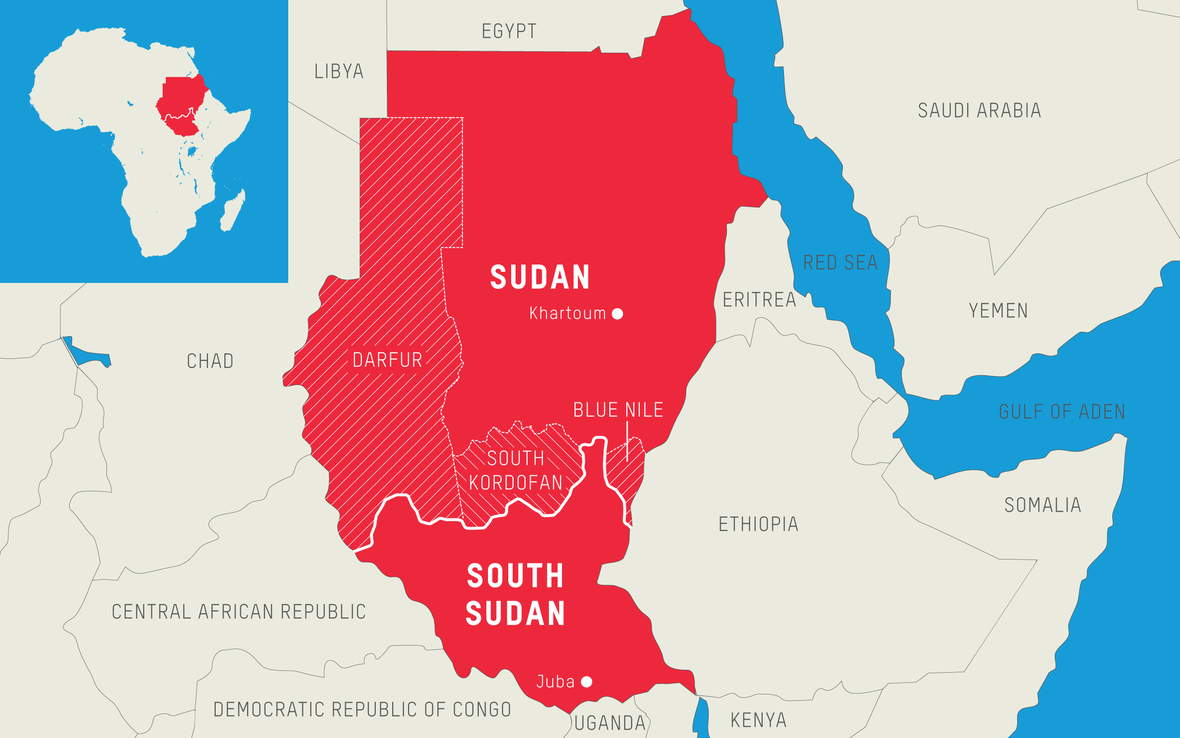
4
Apr
A Two-Front Challenge: Ethiopia’s Regional Engagement in Sudan and South Sudan
The region with which Ethiopia located is a full of new political developments with implication to changing the political dynamics. Recent events, in particular, have been unprecedented and surprising. The Sudanese Armed Forces (SAF) have announced that they have taken control of Khartoum for the first time since the conflict began in 2022. Previously, the military had retreated to Port Sudan, using it as a base to launch operations while maintaining a dominant presence in the air compared to the Rapid Support Forces (RSF).
Meanwhile, South Sudan faces the looming threat of another civil war as the 2018 peace agreement hangs in the balance following the house arrest of Riek Machar, a key negotiator. The conflict between the two main factions began just two years after South Sudan gained independence, leading to devastating consequences, including an estimated 400,000 deaths and millions displaced. The current tensions raise concerns about a return to large-scale violence, which could further destabilize an already fragile nation and exacerbate regional insecurity.
These developments are critical for Ethiopia due to its strategic interests in the region and the potential counter-responses from key actors. General Abdel Fattah al-Burhan of Sudan has been a central figure, particularly in the control of the Al-Fashaga region, where he capitalized on the withdrawal of Ethiopian mechanized forces during the northern Ethiopian conflict. His stance has been uncompromising since he repeatedly vowed to protect the area as Sudanese territory, even as Ethiopia sought peaceful negotiations to avoid another bloody conflict between the two neighboring nations.
Sudan also served as a safe haven for TPLF fighters during the Northern Ethiopian war. This was an example of Sudan’s continuous act of providing shelter and alleged weapons to opposition groups in Ethiopia. Ethiopia’s air force also says that it had shot down a plane carrying weapons for the rebel Tigray People’s Liberation Front (TPLF) that had encroached on the country’s airspace via Sudan. These actions shows Sudan was involved in destabilizing actions in Ethiopia while it should have a neutral position for the benefit of all. This relation trace back to the late 1980s and early 1990s, the TPLF, in alliance with the Eritrean People’s Liberation Front (EPLF), maintained strong ties with Sudan’s Omar al-Bashir regime. Sudan provided logistical and military support to TPLF fighters during their struggle against Ethiopia’s Derg regime. However, relations were not always harmonious. Sudan later supported Ethiopian opposition groups, leading to tensions.
In current Sudan’s active civil war, numerous reports are suggesting the involvement of the Tigray People’s Liberation Front (TPLF) alongside the Sudanese army. These reports gained traction, particularly after a video circulated on social media in January 2024 allegedly showing a senior Sudanese army officer, Al-Sunni Haider, thanking Tigrayan fighters for their support. In the video, several individuals identified as Tigrayan fighters were purportedly seen in the company of the officer. Although this assertion was denied by Tigrayan authorities, it highlights the deep connections and potential for mobilization of the Tigrayan forces in Sudan, many of whom sought refuge during the Tigray War.
Moreover, General al-Burhan has been a vocal supporter of Egypt’s position on the Grand Ethiopian Renaissance Dam (GERD), advocating for a binding trilateral agreement. His alignment with Egypt on this issue adds another layer of complexity to Ethiopia’s regional diplomacy, as it faces pressure from both Sudan and Egypt over the dam dispute. These factors make al-Burhan’s actions and political maneuvers particularly consequential for Ethiopia’s security and foreign policy in the Horn of Africa.
The growing alliance between Ethiopia and the UAE has raised suspicions within Sudan’s leadership, particularly as the UAE has become a key supporter of Ethiopia in economic, military, and educational cooperation. However, the UAE’s perceived backing of the Rapid Support Forces (RSF) has further strained its relationship with Sudan’s government. This tension was evident in the criticism Sudan’s Sovereign Council directed toward the recent IGAD-led special conference on Sudan, which was organized with the support of Ethiopia and the UAE. The conference was viewed by Sudanese authorities as biased, deepening mistrust in an already fragile regional dynamic.
Ethiopia has sought to mediate tensions between Sudan and the UAE, as demonstrated by Prime Minister Abiy Ahmed’s facilitation of a rare phone call between Sudanese army chief Abdel Fattah al-Burhan and UAE President. However, with the Sudanese Armed Forces (SAF) consolidating control and maintaining a firm stance against the UAE, the future of Ethiopia’s diplomatic efforts remains uncertain. Complicating matters further is Egypt’s unwavering support for the SAF, adding another layer of geopolitical rivalry that could influence Sudan’s posture toward Ethiopia. As these alliances and tensions evolve, Ethiopia must navigate carefully to maintain regional stability while safeguarding its own strategic interests.
The Eritrea factor also deserve recognition here. Eritrea has firmly positioned itself as a key supporter of the Sudanese Armed Forces (SAF) in the ongoing conflict. A significant demonstration of this alliance was General Al-Burhan’s visit to Asmara in 2023, where he was warmly received by Eritrean President Isaias Afwerki. Following their meeting, Al-Burhan publicly expressed his gratitude for the Eritrean government and people’s support. The two leaders affection for Saudi Arabia make them to stand in opposition to UAE, since the two gulf states are competing for hegemony over the horn region.
Despite the complex regional dynamics, Ethiopia has officially adopted a policy of neutrality in Sudan’s civil war, emphasizing its commitment to a peaceful resolution. This stance reflects Ethiopia’s desire to maintain diplomatic flexibility and avoid becoming entangled in a protracted conflict that could only further destabilize the region. Ethiopian government has consistently stated that it has no plans to exploit Sudan’s current vulnerability, particularly regarding the Al-Fashaga territory. This position, while creating domestic political challenges, highlights Ethiopia’s strategic calculation that military confrontation would be counterproductive to its broader regional interests. Ethiopia has also consistently refuted claims of supporting any side in the conflict, emphasizing its commitment to peace and dialogue.
When we come to South Sudan, Ethiopia has long played a pivotal role in fostering stability, most notably as a key mediator in the 2018 peace agreement between warring factions. Ethiopia also provided critical technical support to help build post-conflict institutions, including the formation of a unified national army as outlined in the peace deal after the two parties reach negotiation. Until now, Ethiopian troops were deployed to South Sudan as part of the United Nations peacekeeping mission (UNMISS), where they contributed significantly to maintaining security. Their dedication was recognized with a UN medal, honoring their service in promoting peace and stability in the region.
The bilateral relationship between Ethiopia and South Sudan continues to strengthen, marked by deepening economic and infrastructural cooperation. Recently, Ethiopia approved a $738 million loan to fund a cross-border highway project, a major initiative aimed at enhancing connectivity and trade between the two nations. Furthermore, the countries have signed multiple agreements to address cross-border security challenges, demonstrating their shared commitment to regional stability. However, the latest political developments in South Sudan, particularly the fragile state of the 2018 peace deal are deeply concerning, as their potential consequences could destabilize not only South Sudan but also the broader region. The situation demands urgent attention to prevent another devastating conflict.
By Yonas Yizezew and Yabsira Yeshiwas, Researchers, Horn Review

